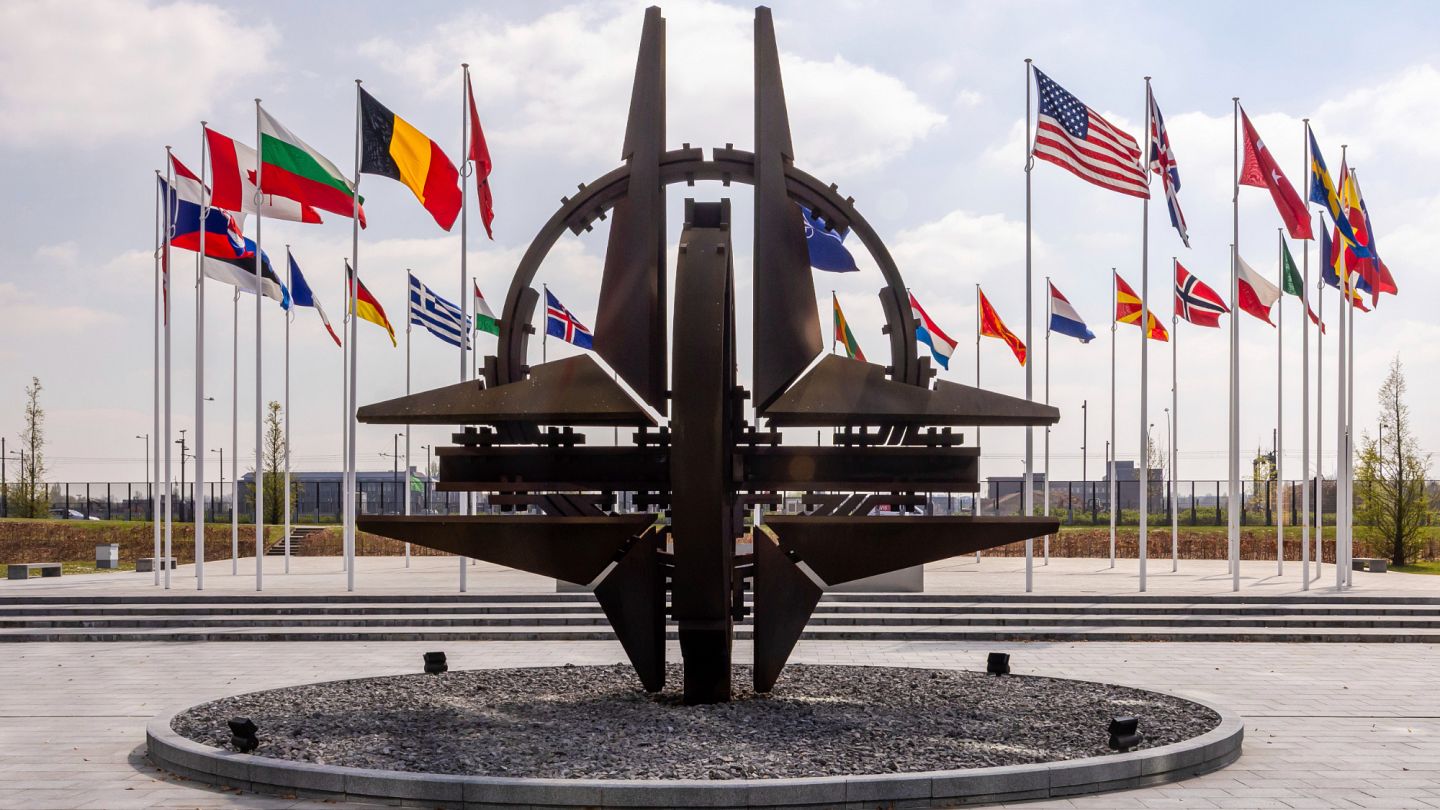NATO chief to call for 'quantum leap' in defence spending over growing threats
The secretary general of the military alliance is expected to call on members to increase their air and missile defence by 400% to counter the threat from Moscow.
NATO Chief Mark Rutte will tell members that a "quantum leap" in collective security is necessary as he meets UK leader Keir Starmer in London on Monday. The secretary-general of the military alliance is expected to renew calls for member states to swiftly boost defence spending in response to mounting global threats, particularly from RussiaA "400% increase in air and missile defences" and thousands more armoured vehicles and shells are needed to maintain deterrence and defence, according to excerpts of Rutte's speech released by NATO. "We see in Ukraine how Russia delivers terror from above, so we will strengthen the shield that protects our skies" Rutte is expected to say. Rutte will meet Starmer at Downing Street ahead of a NATO summit in the Netherlands where the alliance's 32 member countries are expected to commit to a huge hike in military spending. The alliance's leader has proposed a target of 3.5% of each countries GDP on military spending and another 1.5% on "defence-related expenditure" such as bridges, airfields, sea ports and roads.Rutte's proposed new target would deliver on longstanding demands made by US President Donald Trump, who has repeatedly criticised the alliance's 2% goal as inadequate.NATO's current target, agreed at a summit in 2014, is 2% of GDP. Currently, 22 of the 32 member countries meet or exceed the current target. Only Poland exceeds the 3.5% target at 4.32%. The US defence budget, the largest in the alliance, amounts to 3.4% of its GDP. A majority of NATO member countries have recently signalled plans to bolster their defence capabilities in response to Russia's ongoing invasion of Ukraine and mounting pressure from US President Donald Trump for European allies to take greater responsibility for their own security.In the UK, Starmer has pledged to hike the country's defence spending to 2.5% of its GDP, and an additional 3% by 2034. Last week, the UK government unveiled a plan to build 12 new attack submarines and six ammunition factories, marking the most sweeping overhaul of British defences in more than three decades.Germany has also pledged a substantial increase in military spending for 2025.Its parliament recently approved a constitutional amendment exempting defence spending exceeding 1% of GDP from the country's debt-brake, a move enabling significantly more investment from a nation historically hesitant to be a leader in European military spending.


